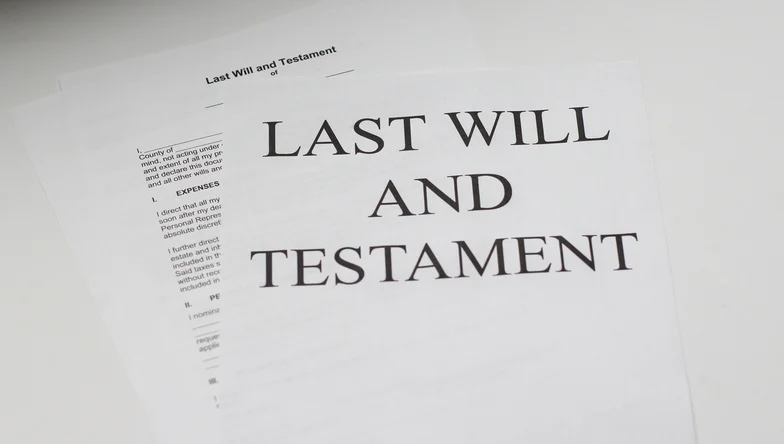
A last will and testament is valuable to estate planning.
Journalism is known for the tagline “If it bleeds, it leads.”
Headlines are crafted to attract attention.
Since 2020, COVID-19 has become one of the most common topics of news headlines in the United States and around the world.
Although COVID-19 has negatively impacted the physical, social, mental, emotional, and financial health of Americans, it has also moved people to prioritize estate planning.
According to a recent The Wall Street Journal article titled “Millennials, Feeling Their Mortality During Covid-19, Start Writing Their Wills,” young adults have historically failed to plan in advance of incapacity and death.

A last will and testament can accomplish several estate planning goals.
A Caring.com study found only 18 percent of adults ages 18 to 34 had a last will and testament in 2019.
Of the same population, about one third had a last will and testament in place in 2021!
Since early 2020, people have been filled with a keen sense of uncertainty.
There is concern over health and careers.
Inflation has also risen sharply in 2021.
Although there is much people cannot control, one way they can ensure they are prepared for the unexpected is through estate planning.
Health care directives and powers of attorney provide authority to others to handle financial and medical decisions should one become incapacitated.
A last will and testament allows people to designate beneficiaries for their assets, executors for their estates, and guardians for their minor children.
Although the number of estate plans in existence has risen since 2019, fewer than half of Americans have a last will and testament, according to a Gallup study in May 2021.
Traditionally, those age 65 and older tended to prioritize the creation of the documents.
Dying without a last will and testament in place means you will be dying intestate.
The laws of your state will then govern who receives what from your estate, who cares for minor children, and who is responsible for settling your estate and your affairs.
The consequences of not having a last will and testament range from inconvenient to catastrophic.
If any of your beneficiaries have special needs, then the probate rules for asset distributions could leave them ineligible for government assistance.
By planning in advance, you can create a Supplemental Needs Trust or a Special Needs Trust to provide for them without compromising their benefits.
Although it costs money to work with an experienced estate planning attorney to set up a last will and testament, failing to create an estate plan can be far more expensive.
Prioritize getting a last will and testament and other estate planning documents created and organized, because you never know what the next day holds.
Reference: The Wall Street Journal (Dec. 6, 2021) “Millennials, Feeling Their Mortality During Covid-19, Start Writing Their Wills”
REMEMBER: “The choice of a lawyer is an important decision and should not be based solely upon advertisements.”
This statement is required by rule of the Supreme Court of Missouri.
